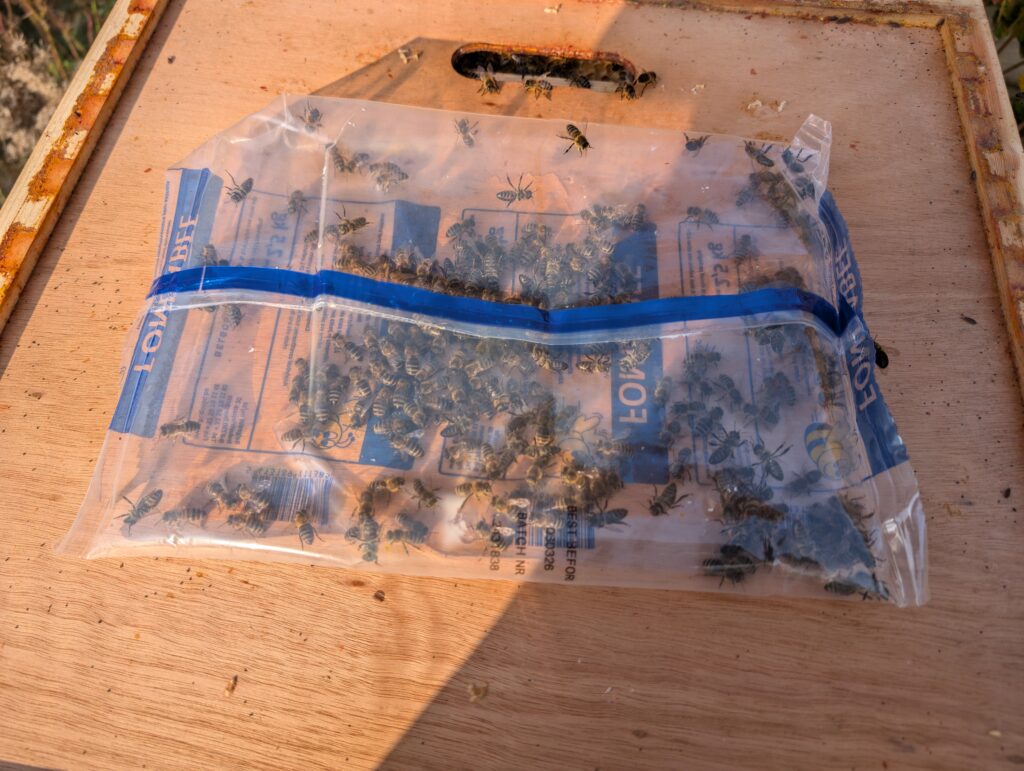It was a cold, grey winter, wasn’t it? When it’s chilly and most flowers are gone, all bees can do is concentrate on staying alive.
Your instincts may say that if a colony has survived the winter and workers begin heading outside to gather resources again, then they must have made it through and the beekeeper can relax. In reality, that sigh of relief may be one of the biggest threats to honey bees!

The emergence of flowers, the longer days, the gradually increasing temperatures… It brightens the mood and inspires a sense of optimism in many people, and many bees too! They notice the changing season and feel motivated, ready for a fresh start. The queen starts laying eggs to bring about new life and the workers head outside into the open air to forage. This behaviour is wonderful. It heralds the arrival of spring and it means the colony is preparing to perform a multitude of services for the planet. But it is a pivotal moment that could lead to a thriving colony or to a starving one.
The winter population in a hive is far smaller than the numbers needed in the summer, so the first job the bees have as spring arrives is to grow their family. The queen lays like mad and the remaining winter workers suddenly have many little lives to care for. Raising them requires warmth, energy and protein. The brood must maintain a stable temperature of 35°C and must feed on honey for energy and pollen for protein to help them grow into productive members of the colony.
Sustaining the queen, the babies and themselves takes its toll on the food stores, so the workers will inevitably have to go outside the find nectar and pollen from early blossoming flowers. Balancing all of these responsibilities is quite the endeavour even if the weather cooperates. But if spring brings a cold spell and downpours, the colony could easily perish. The workers will be unable to forage and the stores will be rapidly depleted.
A beekeeper who believes their work is done and goes off to make daisy chains, play frisbee and snap pictures of bunnies will find their colony starving to death. Tragically, this was a common fate for families of bees in 2024, with the situation getting so severe that the National Bee Unit contacted all registered UK beekeepers to urge them to closely monitor their colonies and be prepared to intervene.
What can a beekeeper do to ensure that 2025 is a far less devastating year? The most important thing is to be there. Visit your hives and check that your bees have everything they need. If they’re low on honey, give them thin sugar syrup (1:1 sugar and water). This ratio encourages the bees to gobble it up immediately instead of storing it. If they’re low on protein, serve them delicious pollen patties with added vitamins and minerals to fill them with vim and vigour.

Early spring is a vulnerable time, but with a diligent beekeeper watching over them, honey bees will make it through and become stronger than ever!